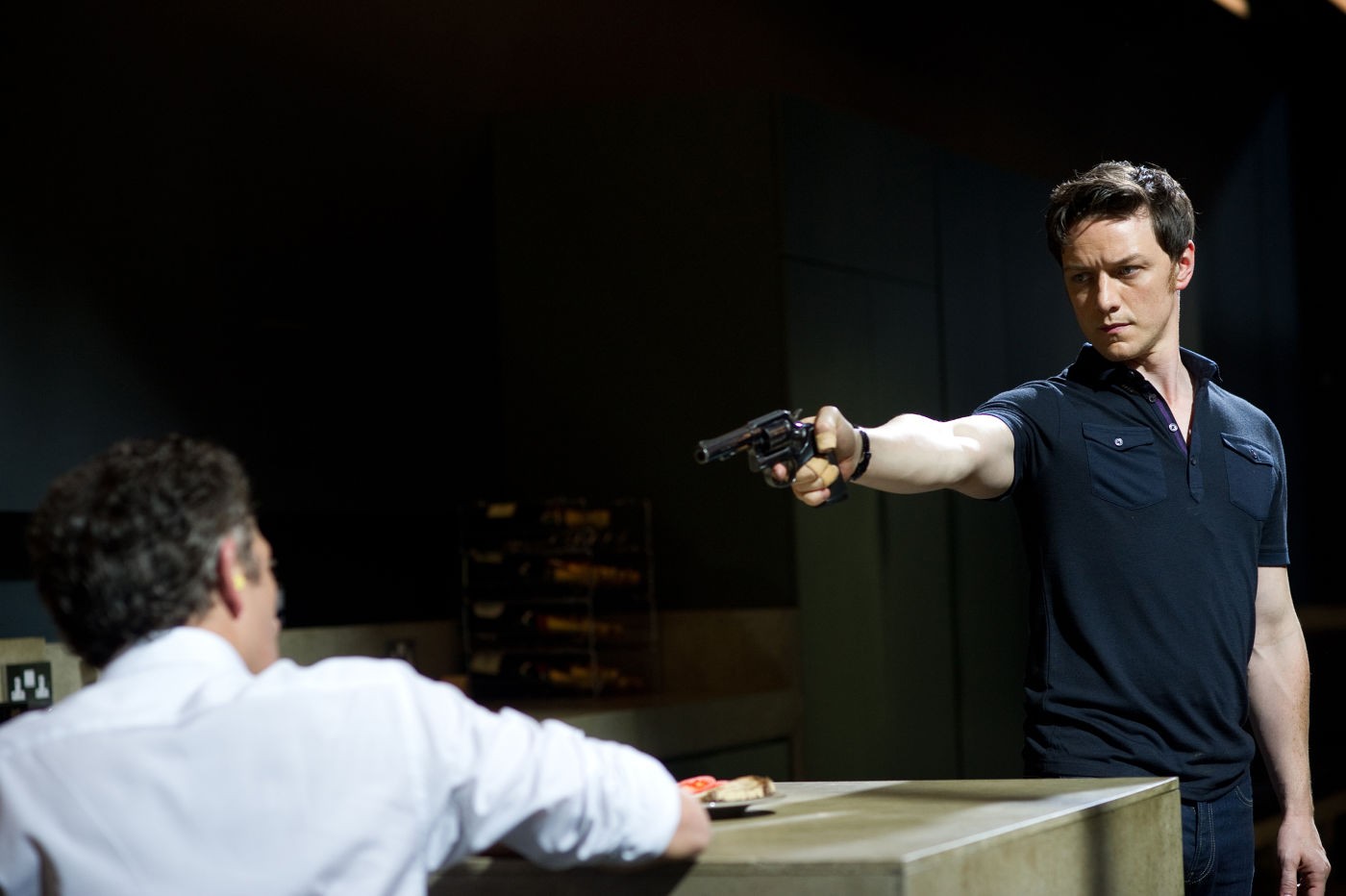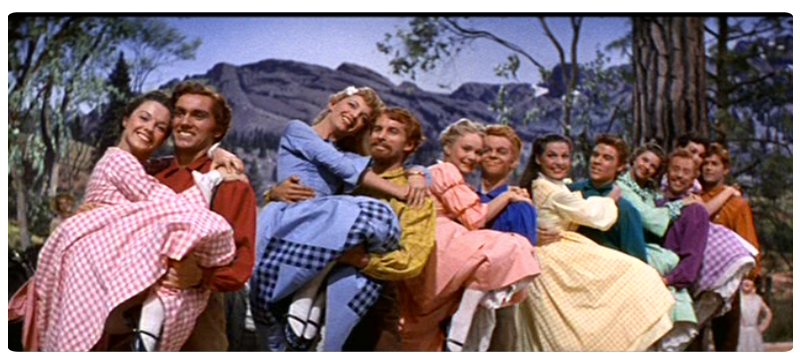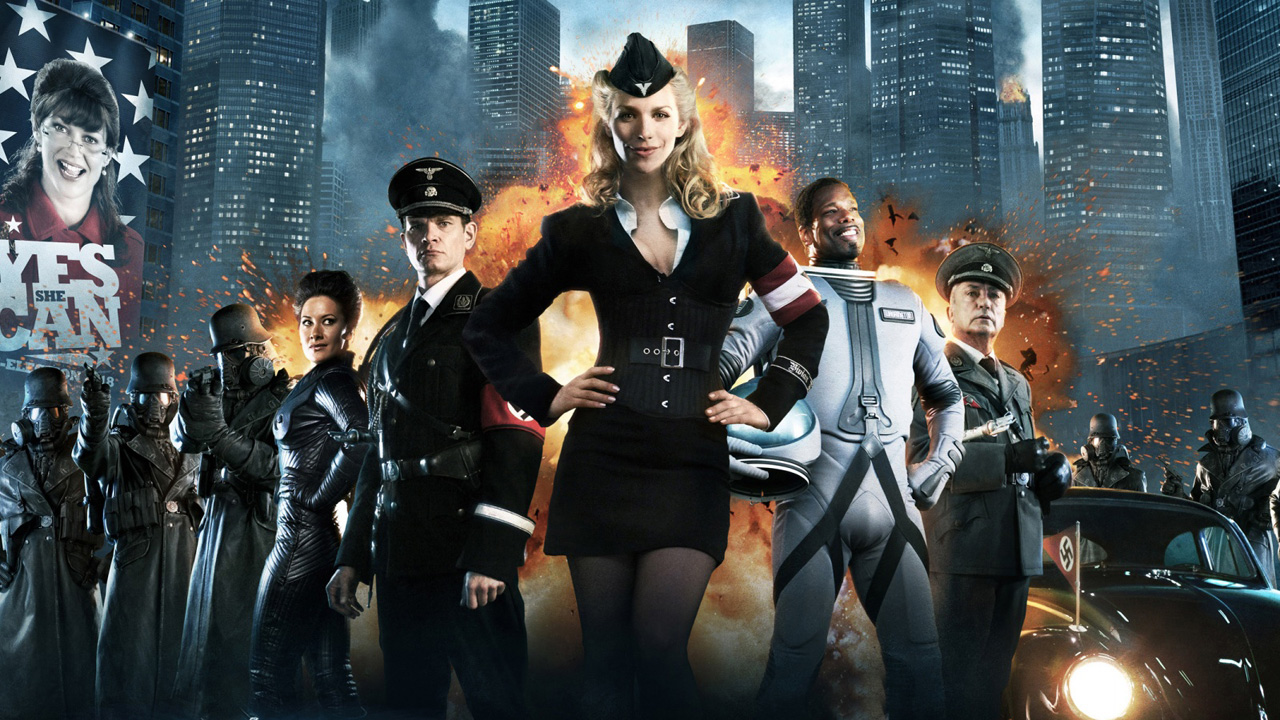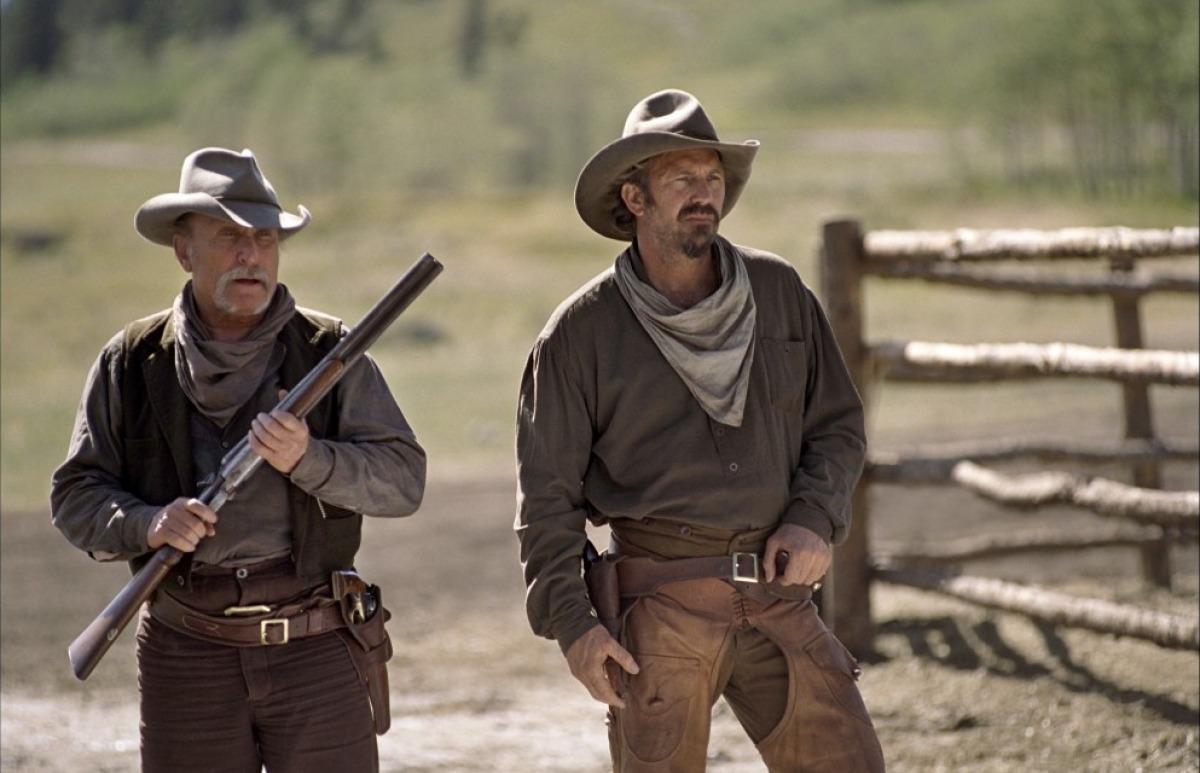#300 - 300: Rise of an Empire
Noam Murro, 2014

Around the same time as the events of
300, an Athenian general wages his own campaign against the Persian forces.
When I first saw
300, I was a seventeen-year-old boy who liked violent action movies - despite that, I didn't feel any great affection for it and nowadays I tend to think of it as an extremely trite exercise in style over substance (with the style not even being good enough to make the film work even as flashy action fluff), and this was coming from the same teenager who liked the hell out of
Sin City. Now it's almost a decade later and, because I'm the type of clever little so-and-so who would make sure that
Room 237 would be the 237th film I watched this year, of course I would commemorate reaching 300 films with another extremely unnecessary years-too-late follow-up to a hit film based on a Frank Miller comic book that also happens to feature Eva Green as a seductive villain. What are the odds?
Whatever problems I had with the original film, in
Rise of an Empire they are not just repeated but exacerbated - and that's when it's not adding new problems. This film covers a greater time period in telling its story as it tells a story that occurs before, during, and after the events of
300. In addition, it also delves into the back-stories of both original villain Xerxes (Rodrigo Santoro) and newcomer Artemisia (Green), which undermines the film severely considering how poorly developed our supposed heroes are. Athenian general Themistocles (Sullivan Stapleton) naturally comes across as a very poor and charisma-free imitation of King Leonidas, while the only members of his crew who stand out in any way also happen to be a father-and-son team just like in the original. They also bring back Queen Gorgo (Lena Headey) and Dilios (David Wenham) from the original, though they don't have much bearing on the plot when all is said and done. Out of all these performances, Green is definitely the one who provides the best performance due to her showcasing a lot of venom and physicality, but as I wrote in the last paragraph, it's still awfully close to the character she played in
Sin City: A Dame to Kill For (or vice versa - doesn't really matter, though).
Leaving aside the various problems with characterisation (even in minor cases such as the fact that the Persian character who trains Artemisia to be a powerful warrior is also the same one who derides Queen Gorgo for daring to speak up during a predominantly male diplomatic meeting in the first film), the film barely delivers anything of worth in terms of visuals, and for a film that relies on style-over-substance, that's a handicap. It does define itself in opposition to its predecessor by swapping out warm colours for cool colours (right down to having the Athenian characters wear blue capes to differentiate them from the Spartans and their red capes) and having the battles take place on board ships for the most part instead of a single choke-point should offer some variety and a grander scale for the action. Unfortunately, it uses up a lot of the same tricks as the first film - considering how the years have upped the ante in terms of what action movies and special effects can offer, it's still a shame that
Rise of an Empire doesn't bring anything particularly exciting to the table beyond more cartoonish hack-n'-slash bloodshed with the occasional explosion or ship-sinking. That's without getting started on the writing, which I know should not be a primary consideration when it comes to a movie like this but it's an especially flimsy expansion on its source that comes across like some sort of fill-in-the-gaps writing exercise where many nods to the original film feel forced and worthless - and it's apparently based on a yet-to-be-released comic penned by Miller himself. If this is what the film is like, maybe that comic should stay unreleased.





 for the effort though.
for the effort though.







